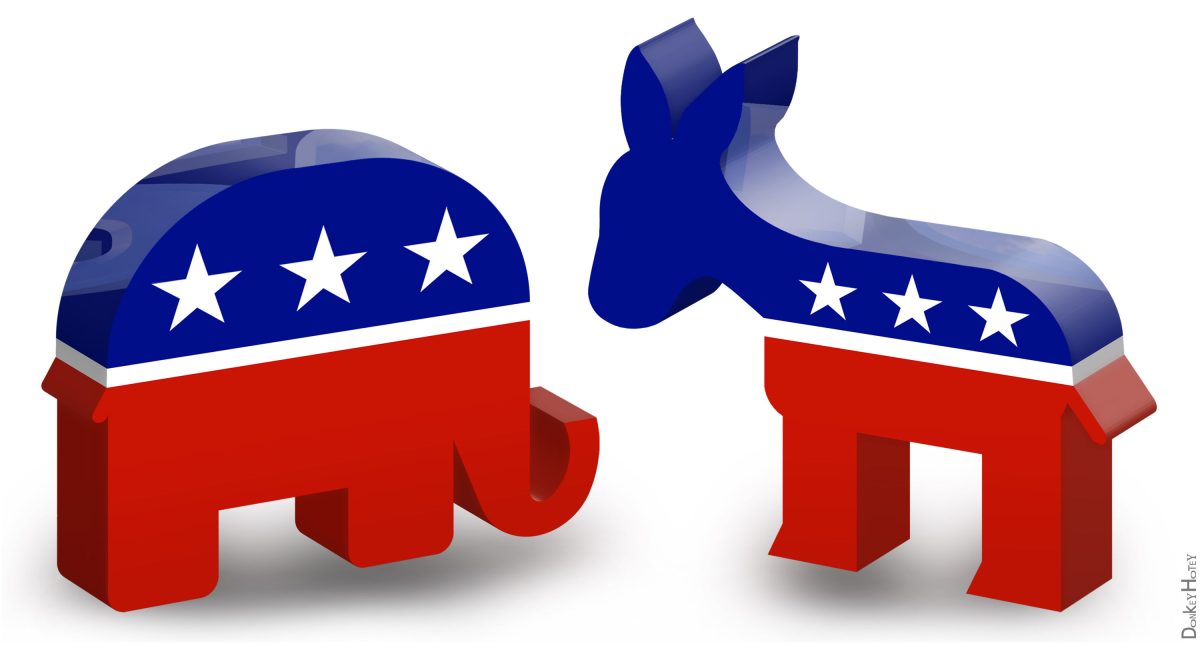By Sean Butler, Class of 2015
In less than two weeks, there will be a major election. A lot of you may not know that and statistically speaking, many of you are unlikely to vote. Despite that, if you live in states such as North Carolina, Florida, or Georgia that place much emphasis on their elections, you will have seen the flood of advertisements surrounding candidates and issues for all the political parties.
At a jaw-dropping $4 billion, 2014 will be the most expensive midterm election and considering the Citizens United v. Federal Election Commission law case – which allowed candidates to accept SuperPACS, unlimited donations by individuals, companies, and unions – this should come as no surprise. By blowing the lid off of campaign finance laws, the landmark Supreme Court decision threatens to undermine the electoral equality upon which our representative democracy is rooted by creating a system of oligarchy where the influence of money grants select individuals immense political power at the expense of the middle and working class.
This looming issue of inequality cannot be completely solved through electoral reforms; however, any measures to curb the corruptive influence of money in politics would help towards solving the greater problem. The current system of pay-to-play politics has effectually disenfranchised the vast majority of the voting public. A recent study completed by Princeton political scientist Martin Gilens and Northwestern professor Benjamin Page found that the opinion of an average citizen holds little influence over public policy, while the opinion of so-called “elites” hold an immense amount of sway – the largest of any group. The study confirmed that, in America, with money comes power and influence. This clearly concludes that our system of government more closely resembles an oligarchy rather than the democracy in which we pride ourselves in.
This trend must be reversed. An American society in which all citizens participate equally and carry voices of equal weight is a more just and democratic society. These are not just noble goals; these are the founding values of our democracy.
Politically it is not without irony that the Republican Party, the party of freedom and liberty, is so eager to endorse a system that effectively disenfranchises the average citizen. For years now, it has been the position of the Republican party to promote a polical agenda that disproportionally benefits the upper-class. In an era when the Great Recession has proven the great trickle-down premise of Reaganomics to be false, one must either be truly beholden to the wealthy elites or truly naïve to maintain an earnest belief in “trickle-down” economics. In the case of the Republican Party, it is almost always the former and occasionally the latter as well.
The Republican Party continues to push policies that benefit the interests of a select few rather than the whole. These flawed priorities are to blame for killing student loan reform, shutting down the government, and rendering meaningful climate change policy impossible.
Mind you, the problems of outside spending and political SuperPACs are not exclusively of Republican origin. This year’s election will likely see an approximate 50/50 split in spending by liberals and conservatives. However, the key difference between political parties is that the Democratic Party is willing to stand up and acknowledge the severity of the problem posed by the Citizens United’s decision. The Democrats in the Senate are the ones offering an amendment to restore limits on campaign spending. Republicans are the ones who have obstructed such legislation. The Republican Party is more concerned with preserving the right of millionaires and billionaires to disproportionately influence elections than it is with preserving equality at the ballot for all citizens. This is the truth, and it is not pretty. We need to impart real change and bring about real, meaningful reform.
This Nov. 4, if you are passionate about equality and democracy and if you believe in a society that represents the will of all people, there is only one choice: vote Democrat.









































